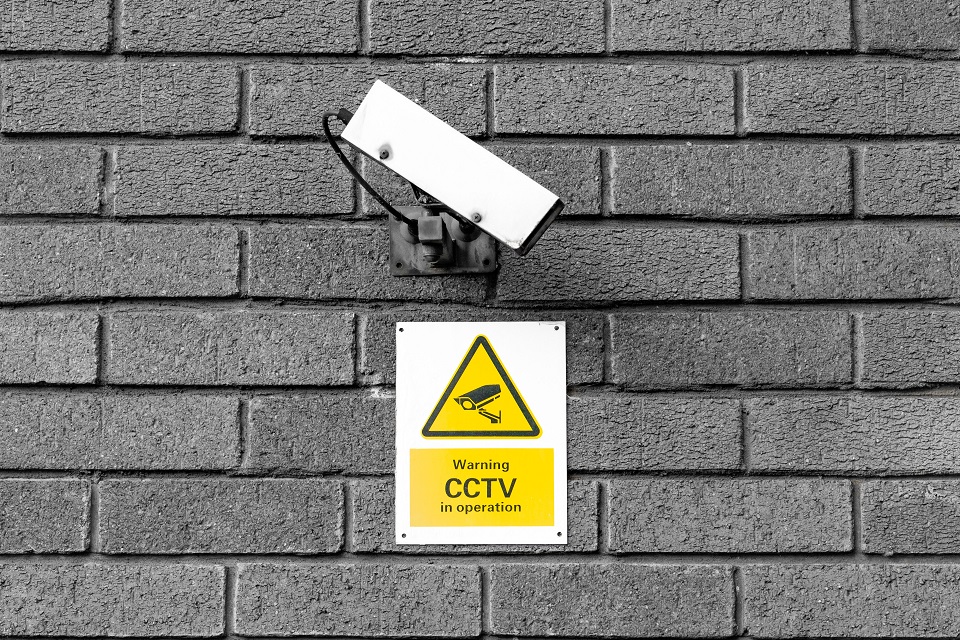CCTV is a closed-circuit television that uses cameras to transmit video footage to monitors. It is different from regular broadcast television in that it sends footage to a limited number of viewers.
Cameras are a valuable tool for security and law enforcement professionals, but they are also often a nuisance and cause people to worry. This article will discuss why CCTV cameras are relevant for security purposes.
Table of Contents
Deterrence Of Crime
CCTV is a security system that allows you to monitor activity around your property. You can even record footage if a crime does occur so that you have evidence.
One of the most important benefits of a security camera is that it deters crime. This is because burglars and robbers will not want to enter an area with cameras installed.
There is a direct correlation between where cameras are placed and crime reduction rates.
Interestingly, studies have shown that CCTV is most effective when used in areas where people feel safe. This is because it creates a sense of community pride which can help reduce crime rates.
CCTV also has several other useful functions that can help to deter crime, such as sirens and voice alarms. These can be an active deterrent for criminals and alert other community members to a potential issue so they can take action.
Increased Sense Of Security
Whether you consider fire alarm system companies, CCTV cameras provide increased security. They can deter crimes, record important events, provide evidence for insurance claims, and more.
Although CCTV has been around for decades, new technology has made it more powerful and flexible. From 4K Ultra HD camera footage to night vision, thermal imaging, and number plate recognition, these systems have the power to transform your business.
However, the benefits of these systems are not always clear-cut, and it is essential to consider the societal and financial costs. While some studies have shown that CCTV can help deter crime, many others have indicated that it is less effective than other methods.
For example, in a study of Malmo, Sweden, there was no significant effect on the number of assaults after the police-operated CCTV was installed. However, despite these findings, it is essential to note that the system was also used in conjunction with other crime-fighting techniques, such as improved lighting and foot patrols.
Evidence For Insurance Claims
Insurance companies use video surveillance footage to fight claims and contest liability. This can include denying valid insurance claims and claiming comparative negligence.
This is because it helps them maximize their premium payments and minimize their losses. It also helps them to prevent fraud from being committed against them.
When a business suffers an accident on site, CCTV footage can be used to determine who is at fault. This can save the company from paying high legal costs.
It’s important to note that for footage to be admissible, it must have been obtained legally and relevant to the case. This is why it’s a good idea to have an attorney review your collected footage before it is turned over to the insurance company.
In addition, it is essential to understand that there are privacy laws that prevent insurance companies from recording your personal life, including your home. However, these laws don’t protect you from an insurance company using unlawfully obtained video evidence against you.
Increased Productivity
Having CCTV cameras installed in your business is a great way to increase productivity. It can also help you improve customer service.
It can also help you keep your employees safe and secure. This will boost employee morale and make them feel more comfortable.
The main advantage of having a CCTV camera system is that it can deter theft and vandalism in your company. This can save your company money and protect your property.
In addition to that, CCTV cameras can help you track employees and determine their work performance. This can allow you to identify areas that need improvement and ensure that they follow your company’s safety rules.
There are different types of CCTV systems, including analog, network, and DVR. Analog CCTV systems use an analog video feed to a recorder, while NVRs and DVRs transmit IP-based footage.



